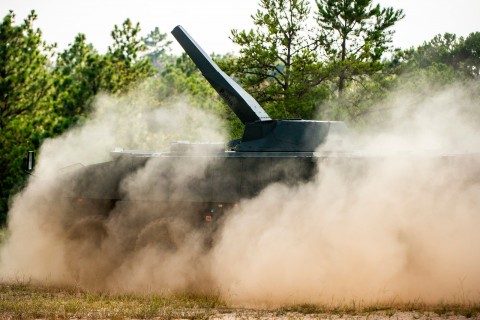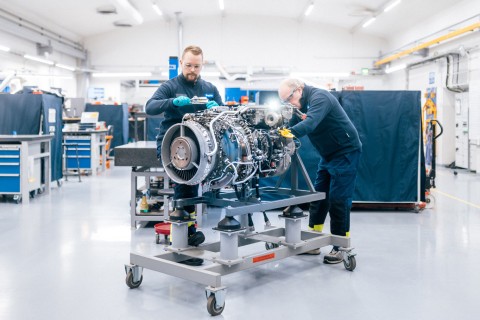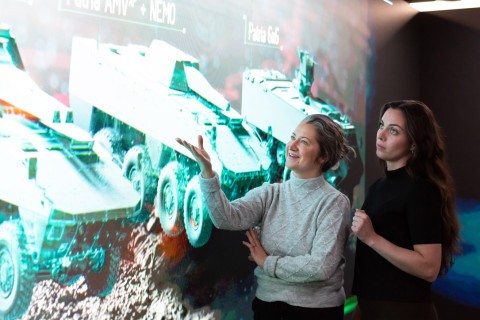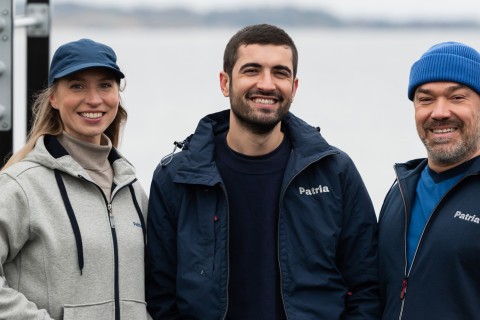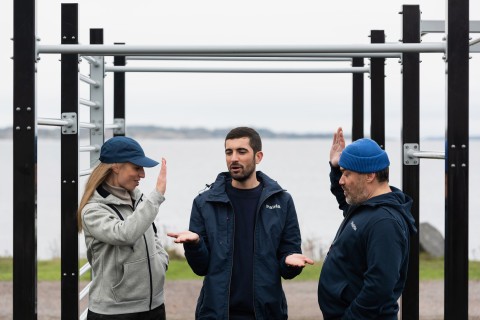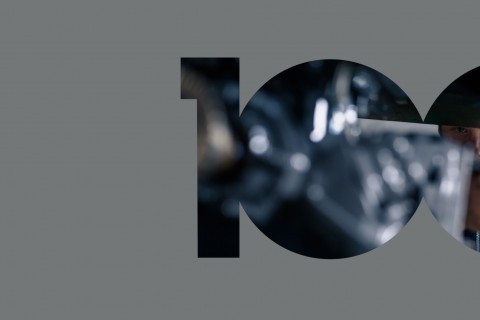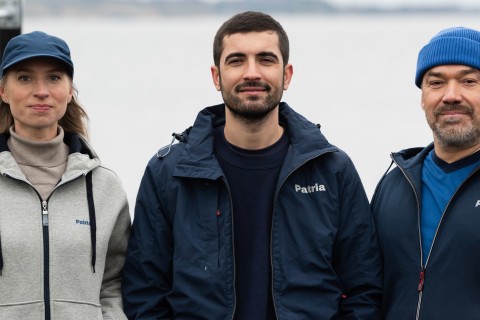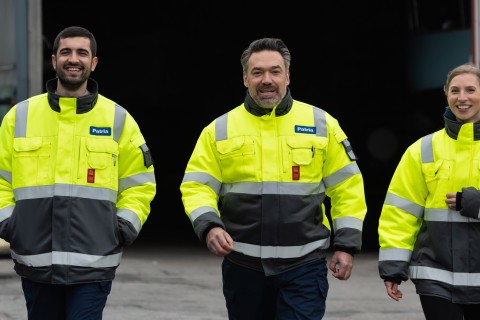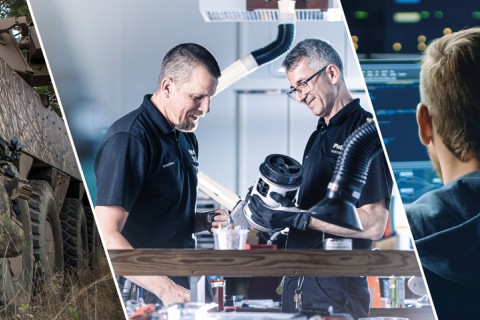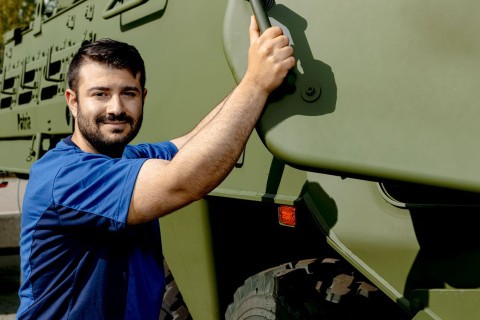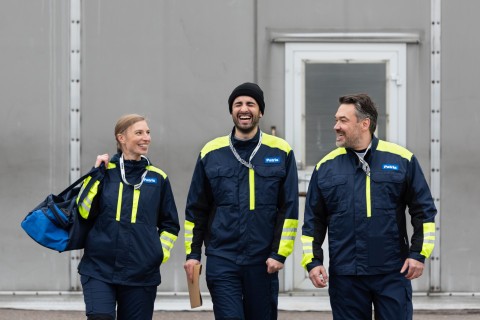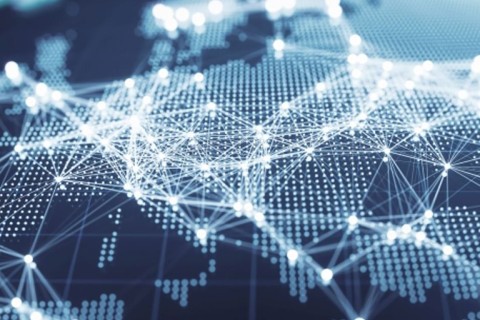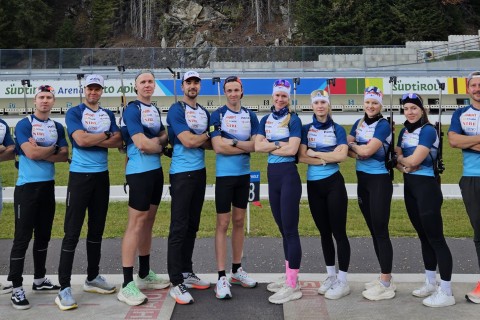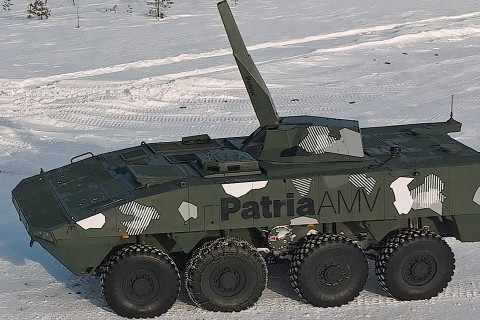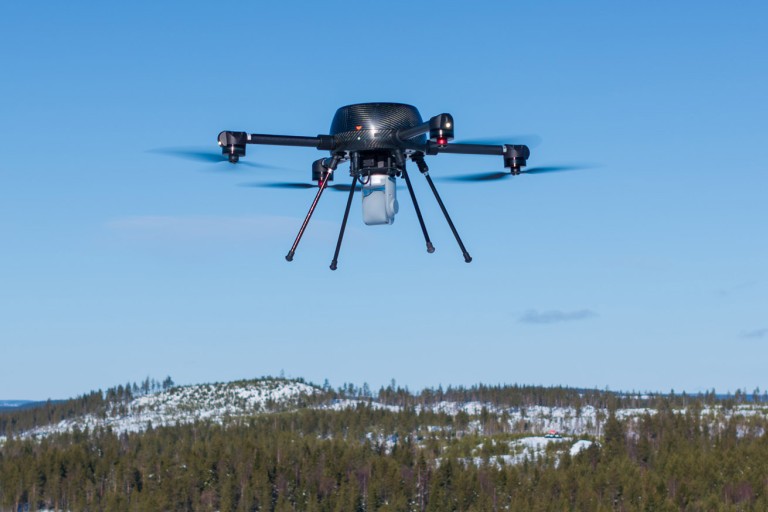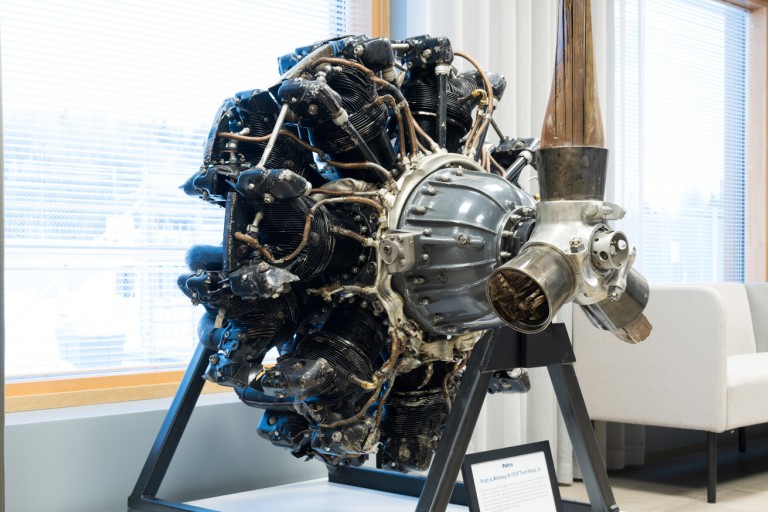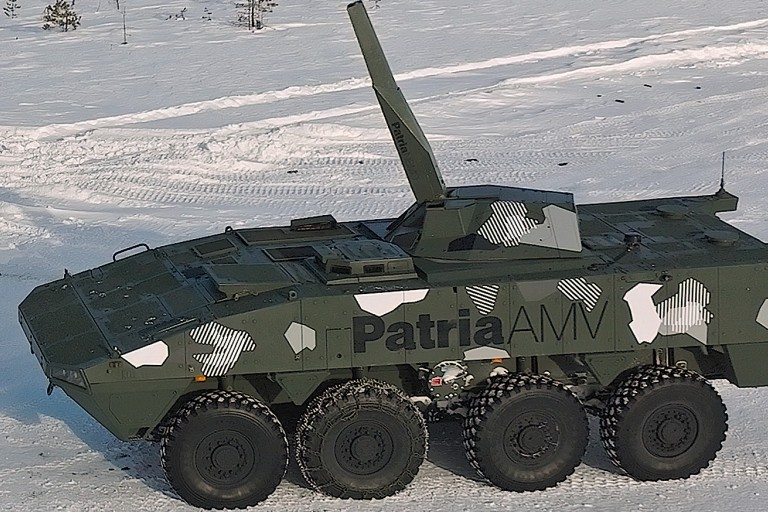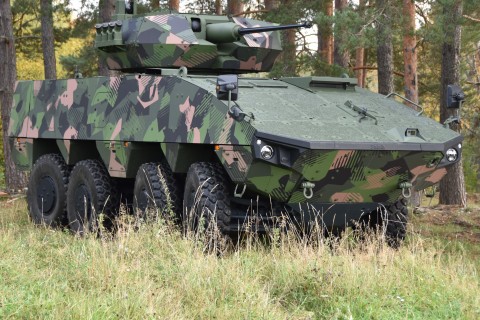
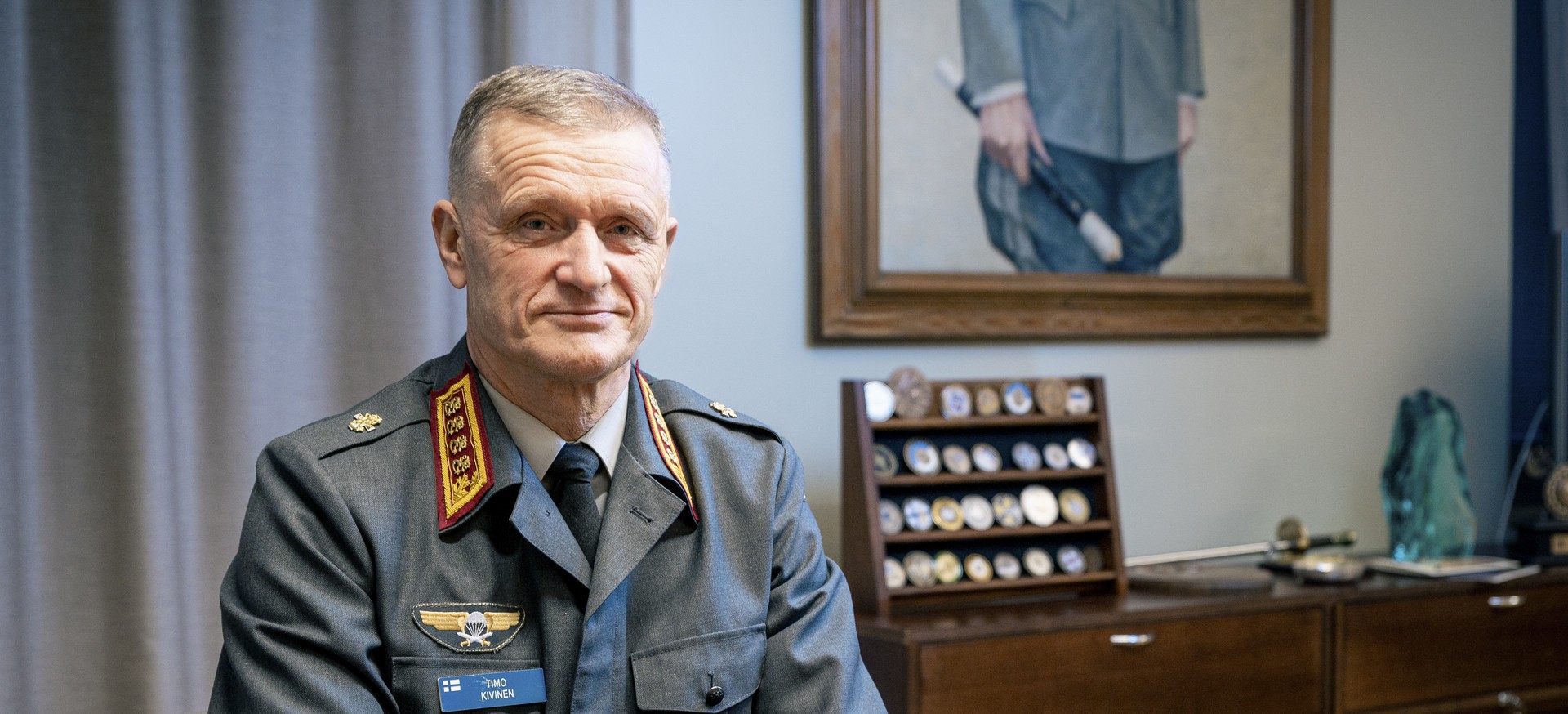
The defence industry is an important element of security of supply
16.1.2023
To ensure effective defence, Western countries require a defence industry large enough to support their armed forces with materiel deliveries and maintenance. It is an important element of security of supply, says Timo Kivinen, Commander of the Finnish Defence Forces.
- Note: Edited Timo Kivinen's comment on Finland's NATO membership (5/2023).
The security situation in Europe and the whole world is changing in a way that has long-term, far-reaching consequences. The situation became significantly different when Russia launched a full-scale invasion of Ukraine.
The invasion has shown that Russia will use military force as a means of pursuing its political objectives –
this is now widely understood in the West. The West – the United States, European Union and NATO – have demonstrated an unprecedented degree of unity, determination and ability to react to the rapidly changed situation.
Thus far, one of the most significant consequences of the war in Ukraine in terms of security policy is the decision by Finland and Sweden to apply for NATO membership.
Finland became a full member of NATO in April 2023. Our equipment and systems have been compatible with NATO for a long time, and there is no major need for changes in that respect, either. We fulfil demanding military criteria.
A sufficient military deterrent prevents wars
When the Cold War ended, many European countries wound down their defence capabilities and focused on military crisis management operations. Finland did not go down this path – we maintained our strong national defence capabilities.
The war has reminded many countries of the importance of national defence. I believe that Europe now understands that wars can be prevented by maintaining a sufficient military as a deterrent.
For understandable reasons, the main focus is now on the war in Ukraine. However, the other threats to security have not disappeared. They must be kept on the agenda. Climate change, terrorism and crime – we require international cooperation to manage and prevent them.
EU defence cooperation deepens
As a result of the war in Ukraine, the European Union has become a stronger actor in foreign policy, security and defence. The EU has demonstrated remarkable unity and has acted above all by exercising its economic power.
I believe that the EU member states can maintain their unity. Dependence on Russia has already decreased significantly.
The Strategic Compass adopted by the EU provides it with an ambitious action plan extending until 2030 for bolstering our security and defence policy. Due to the more hostile and uncertain security environment, we must step up our operational capabilities, strengthen our resilience to crises and augment our investments in defence resources.
Even though the Strategic Compass deepens defence cooperation in the EU, the union is not being turned into a defence alliance. NATO will remain a key organisation for European military defence. In other words, the defence investments of the EU countries produce military capabilities primarily for national use – but they also bolster European defence from NATO’s perspective.
The possible enlargement of the EU is a political issue. Time will tell how the ongoing war will influence this. Any European state that complies with the principles of freedom, democracy, human rights and the rule of law can apply for EU membership. The accession process depends on the country’s own progress and merits.
Finland is a producer, rather than consumer of security
Defence capabilities seek to prevent the use of military force and threats of its use against Finland and to repel attacks if necessary. Deterrence capabilities are built on sufficient military performance, the will to defend the country and society’s abilities to harness all resources to support defence implementation.
To prevent and combat multifaceted threats, we need both state-of-the-art systems and a large reserve force based on conscription.
As a NATO member, Finland will have decisively greater military deterrence and prevention capabilities. With Finland and Sweden as NATO members, the defence of all Northern European countries will be built on the same foundation. Defence of this region will be strengthened and deepened. Our membership will open up new opportunities for cooperation.
Finland wants to be a producer, rather than consumer of security
Finland wants to be a producer, rather than consumer of security. As a member, we will contribute to the best of our ability to collective defence under NATO.
Finland has decided to strengthen its defence capabilities due to the war in Ukraine. The situation in Ukraine has shown that preparedness that takes Finland’s overall security into consideration and the steps taken by the Defence Forces to engage in systematic long-term development have been important. Relative to the country’s size, the Finnish Defence Forces are very robust – and, in international comparison, Finns have a very high will to defend their country. We have made the right choices in maintaining and developing our defence capabilities.
In spite of the NATO membership application, Finland will continue to hold the main responsibility for the defence of our country. NATO membership does not eliminate the need for our own strong defence capabilities.
The defence industry is an important element of security of supply
Effective defence relies on material readiness. The capabilities and cooperation of the European defence industry are a key aspect of the development and maintenance of military performance. As the protracted war in Ukraine has demonstrated, the ability to engage in warfare also depends on the capabilities of industry to step up production in crisis situations.
For this reason, it is important that the western countries can maintain a defence industry large enough to support our defence forces in both materiel deliveries and maintenance. This is an important element of security of supply.
European countries are now investing substantially in the development of the capabilities of their defence forces. At the same time, it is important to support Ukraine with defence materiel. Naturally, the challenge is whether industry has sufficient capacity to meet the significant increase in demand.
A networked defence industry has higher crisis tolerance than a centralised arrangement. By working together, we will increase European – and our national – crisis resilience.
Read the full PATRIA MAGAZINE 1/2023 edition
What did you like about the article?
Thank you for your opinion! You can share the article on social media using the buttons below:
